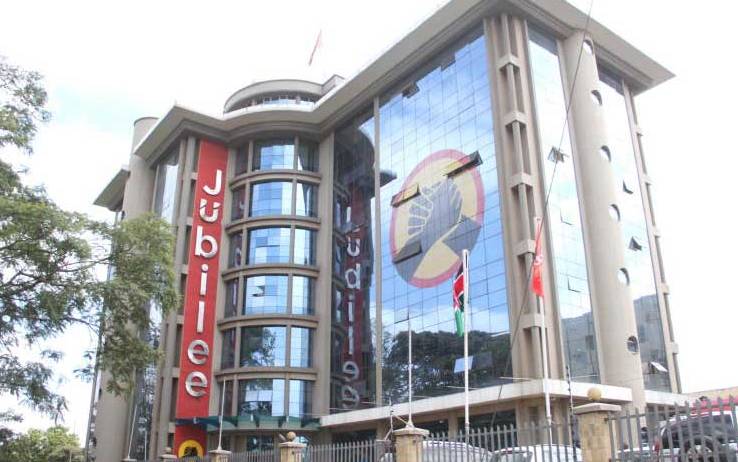×
The Standard e-Paper
Stay Informed, Even Offline

Jubilee Party headquarters in Nairobi. The party was declared technically insolvent in the financial year ending June 30, 2018. [File, Standard]
The Jubilee Party has more money in the bank than the Orange Democratic Movement (ODM), an indication of the higher member contributions enjoyed by the ruling party.